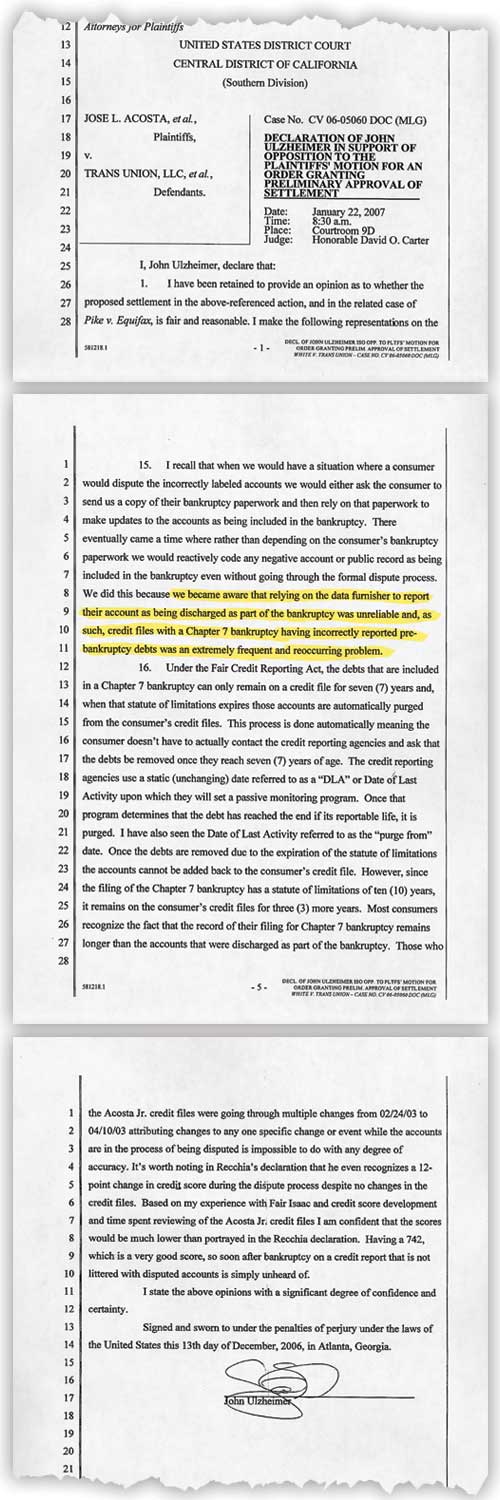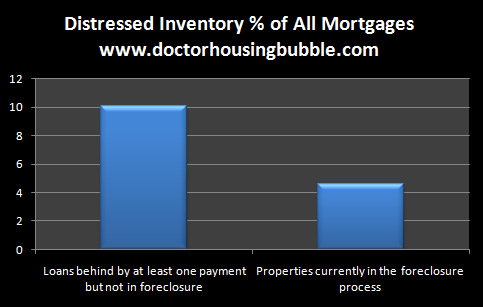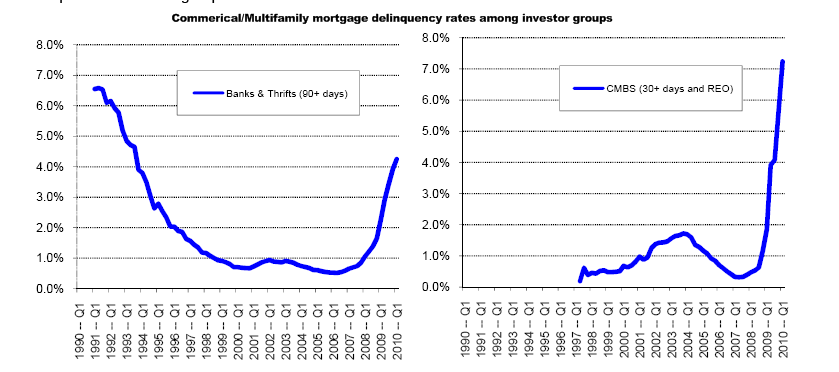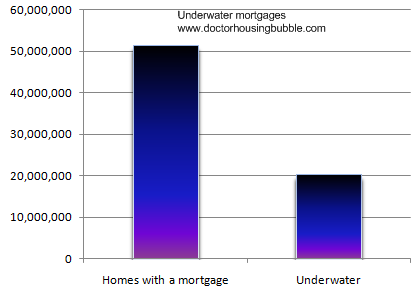From the Memorandum Order from Ohio District Court…
MIDLAND v. BRENT [pdf]
According to that relationship, JBR requested an affidavit to support the Brent debt using the Midland “You’ve Got Claims” computer system, which is a system that allows attorneys like JBR to log on and request certain supporting documentation be generated.
Whether through the “You’ve Got Claims” system or otherwise, Midland receives and fulfills about 200 to 400 requests for affidavits per day. Ivan Jimenez, one of Midland’s ten “specialists” in the department that supports law firms, personally signs between 200 and 400 of such affidavits per day. (Ivan Jimenez Dep., Doc. 35, Ex. E at 15). He finds the stack on a printer, signs them, and sends them by internal mail to the notary. (Id. at 16-17 (“Q: Where do your affidavits come from? A: As far as what I deal with, they just come from the printer as far as where we get them”)). Mr. Jimenez has the ability to check the accuracy of the information on the affidavit via the computer system and he does, but the percentage of those that are checked for accuracy is “very few and far between.” (Id. at 24).
Then, after receipt of the signed affidavit from Midland, JBR attached it to the complaint filed in Sandusky, Ohio Municipal Court. When the affidavit is compared to the deposition of the affiant, Ivan Jimenez, it is apparent that the affidavit itself contains many falsehoods.
In paragraph 1, the affidavit reads “.I make the statements herein based upon my personal knowledge.” It is apparent from the Jimenez deposition that Mr. Jimenez actually had no personal knowledge of Ms. Brent or her account. For instance, while Mr. Jimenez is assigned to support and work with ten law firms, JBR is not one of them, leading to the logical conclusion that he would not have personal knowledge of any matter they were handling. (Jimenez Dep., Doc. 35, Ex. E at 7-8; Id. at 16). It appears to be an entirely random act that he signed this affidavit: he was the signer based entirely on when it came off the printer rather than based on his personal knowledge of Ms. Brent or her account. (Id. at 16-17). Mr. Jimenez never had any contact with Ms. Brent at all, leading to a logical conclusion that he could not have had the “personal knowledge” claimed in paragraph 1. See Id. at 25-26 (“Q: Did you ever have any contact with Ms. Brent, any business contacts at all? A: I did not personally.”).
In paragraph two of the affidavit, the affiant states:. I have personal knowledge of all relevant financial information concerning Midland Credit Management Inc.’s account number 8524186453, which includes the following information: that the defendant did fail to make payments on the account and that demand has been made for defendant to make payment of the balance owing on the account described above more than thirty (30) days prior to making this affidavit; that the attorneys representing the plaintiff Midland Funding LLC were retained on Midland Funding LLC (sic) behalf by me or persons reporting to me for the purpose of collecting the delinquent debt owed on the defendant’s account number set out above; and that there was due and owing to Midland Funding LLC the sum of $4,516.57. (Jimenez Aff. ¶ 2). As is evident in the discussion supra regarding paragraph one of the affidavit, Mr. Jimenez has no personal knowledge about the Brent account. He was not familiar with this account, did not know the last time a payment was made and did not know the outstanding balance. The paragraph also represents that the law firm, JBR, was hired by Mr. Jimenez or one of his employees. However, the following exchange during the deposition makes clear this is not true:
Q: So were you aware when you signed this affidavit that it was going to be used as part of a collection action in a lawsuit?
A: I was not.
Q: Are you aware of any other reasons that affidavits are completed, except for the collection actions that are filed in the courts?
A: I wouldn’t know what the firm uses the affidavits for.
Q: So you simply sign them?
A: Yes.
Q: You work for Midland Credit Management; correct?
A: Yes.
Q This affidavit lists at the top as a plaintiff, Midland Funding, LLC. What’s the relationship between Midland Credit Management and Midland Funding LLC?
A: I wouldn’t be the best person to ask that question. I don’t know.
Q: Okay. If you look at paragraph 2, four lines from the bottom of paragraph 2, you’re attesting to the fact, “that the attorneys representing Plaintiff Midland Funding LLC were retained on Midland Funding LLC behalf by me or persons reporting to me for the purpose of collecting the delinquent debt.” Is that what it says? Did I read that correctly?
A: Yes
Q: When did you retain the attorneys representing Midland Funding LLC?
A: I don’t know when the people in my department retained the attorneys.
Q: Did you personally retain the attorneys?
A: I did not.
Q: Which persons in your department did retain the attorneys?
A: I wouldn’t know specifically.
Q: Are these — how many people do you have reporting to you?
A: I have zero.
Q: Do you know the names of any persons in your department or any persons in Midland Credit who actually do have the responsibility of retaining attorneys?
A: I don’t know who in my department would do that.
Q: Would there be someone from another department that would do that?
A: I wouldn’t know. (Jimenez Dep. at 19-21).
Thus, there are two patently false claims within paragraph two: first that Mr. Jimenez had any personal knowledge regarding Ms. Brent’s debt, and second, that Mr. Jimenez was involved with the decision or act of hiring JBR to pursue legal action.
Paragraph three describes how Midland acquired the debt from Citibank, and if it is read alone, it only states a fact that is very likely true. However, when read in conjunction with paragraph one (“I make the statements herein based upon my personal knowledge”), it is apparently false. The issue of the affiant’s knowledge was raised in the deposition:
Q: Well, it says in this affidavit that, in number 3, “That Plaintiff’s predecessor in interest sold and assigned all right, title, and interest in this account to the plaintiff.” So if it was sold to the plaintiff, my assumption is it was purchased by the plaintiff. And the question I have is, did you have any role or were you involved in any way, shape, or form in the purchase of this account?
A: I was not.
Q: Do you know anything about the terms of the purchase of this account?
A: I do not. (Jimenez Dep. at 21-22). Thus, the statement in paragraph three, however true or not, cannot be based on personal knowledge.
Paragraph five is also of concern. It asserts that Ms. Brent is neither a minor nor mentally incapacitated, which are facts that are probably true. However, the affiant bases those conclusions “upon business dealings with the defendant(s),” which is clearly not possible since he had no contact with Ms. Brent. See supra.
If this is not enough, the affidavit is improperly sworn, as evidenced by the deposition:
Q: You mentioned earlier, when I asked you about that, you signed these affidavits and had them notarized. Was the notary present in the room when you were signing all the affidavits, or do you sign them and give them to the notary?
A: I sign them and give them to the notary. (Jimenez Dep. at 15). Minnesota Revised Code requires that “an oath… shall be administered… [t]o affiants[.]” Minn. Stat. Ann. § 358.07 (West 2004).
In finding assertions in the affidavit to be false and misleading, this Court is not concluding that all the information in the affidavit is incorrect. Brent has provided no evidence that the amount of the debt, the fact that it is unpaid, or other vital account information, is false. As discussed infra, the actual account information is probably either correct or likely thought correct in good faith by Midland and MCM (and likely a bona fide error if so).
However, this Court finds that the affidavit as a whole is both false and misleading for the aforementioned reasons and notwithstanding the fact that some of the data in it are correct. It is unclear to this Court why such a patently false affidavit would be the standard form used at a business that specialized in the legal ramifications of debt collection. Midland, MCM, or JBR could easily prepare a form affidavit that achieved the same goals without being misleading by reflecting the truth, plain and simple. Rather than basing the affidavit on false personal knowledge, they could base it on the accuracy of the records kept and the accuracy of the data.
3. Materiality
In a recent opinion, the Sixth Circuit held that “[a] statement cannot mislead unless it is material, so a false but non-material statement is not actionable.” Miller v. Javitch, Block and Rathbone, 561 F.3d 588, 596 (6th Cir. 2009) (quoting Hahn v. Triumph P’ships LLC, 557 F.3d 755, 758 (7th Cir. 2009)). Both Miller and Hahn allow for a statement to be “false in some technical sense” but still not in violation of the FDCPA. Miller, 561 F.3d at 596 (quoting Wahl v. Midland Credit Mgmt., Inc., 556 F.3d 643, 646 (7th Cir.2009)); Hahn, 557 F.3d at 758.
Generally, material facts are ones which, if known, might influence a person’s decision on a matter. See generally Black’s Law Dictionary 998 (8th ed. 2004) (defining material as “[h]aving some logical connection with the consequential facts [or] [o]f such a nature that knowledge of the item would affect a person’s decision-making; significant; essential[.]”). Thus, the Court evaluates statements for materiality by considering whether they make the proposed assertion more or less likely.
In general, a complaint and attached affidavit act as both a message to the court and a message to the debtor.*fn2 While the creditor seeks different action from either audience (payment from the debtor as opposed to judgment from the court), the general assertions are the same: that the debt is valid, that there is a total amount, that it is delinquent, that it is subject to interest, and that it is now due and owing. Therefore, a statement or claim based on an affidavit would be material if it makes one of those listed assertions more or less likely than if that fact were not considered.
It is unsurprising when a consumer/debtor contacted by a collection agency about a seven-year-old debt would question whether it was a valid obligation. Ms. Brent instantly questioned the validity of the debt. Both the complaint and Jimenez affidavit refer to the debt being owed to “CITIBANK USA,” and in her answer, Brent “denies that she originally owed any claim to CITIBANK USA at any time.” (Doc. 2 at ¶ 1; See also Brent Dep., Doc. 35, Ex. F at 26 (wherein Ms. Brent asserts “[t]o my knowledge, I’ve never had a CitiBank USA.”)). Thus, Ms. Brent clearly questions the validity of the debt. To further add confusion to this particular case, investigation reveals that the debt was originally owed to “Associates,” and was acquired by Citibank before it was acquired by Midland years later. Since neither the complaint nor affidavit mention “Associates” in any form, it would be extremely plausible for Ms. Brent to doubt the validity of this debt.
The claims within the Jimenez affidavit that this Court finds to be false are materially related to supporting the proposition of whether the debt is valid. The affidavit states that the affiant personally knows that this debt is valid, that he personally has “business dealings with the defendant(s),” and specifically that he has personal knowledge of this particular account. These statements are material to the issue of whether the debt is valid at all, and if relied on, help to make the proposition that it is more likely valid than it was without the statements.
Considering public policy, it is also worth noting many debt collection cases of these types place courts in the position of evaluating the validity of the plaintiff’s claim without any response from the defendant. Thus, in general terms, courts rely on the assertions in an affidavit to determine, among other things, whether the debt is valid and judgment, usually default judgment, should be granted.
This case, then, is distinguishable from those with immaterial falsehoods. In Miller, the Sixth Circuit determined that the difference between suing “for money loaned” rather than specifying that it was for an unpaid credit card debt did not amount to a violation of the FDCPA. Miller v. Javitch, Block & Rathbone, 561 F. 3d 588 (6th Cir. 2009). Miller admitted “that she ‘pretty much’ understood [the complaint]” when she received it as being an attempt to collect on a credit card that she stopped paying. Id. at 591. She was aware of the credit card and recalled that she stopped paying on it. Id. at 590.
By contrast, in the case at the bar, Brent claims that she was not aware of any obligation owed to Citibank. Upon receiving the Midland complaint and attached Jimenez affidavit, she had to evaluate whether the debt being sued on was a valid one. The contents of the affidavit itself, and in particular the fact that the affiant allegedly had personal knowledge that the debt was valid, would effectively serve to validate the debt to the reader, whether that was Brent or a court.
Therefore, the affidavit was false, deceptive, and misleading in its use in conjunction with an attempt to collect a debt, and Midland and MCM have violated FDCPA § 1692e.
Below is the Settlement Agreement set in place
[ipaper docId=62460947 access_key=key-25d1nrlzklhzplacelcb height=600 width=600 /]
© 2010-19 FORECLOSURE FRAUD | by DinSFLA. All rights reserved.






























Recent Comments